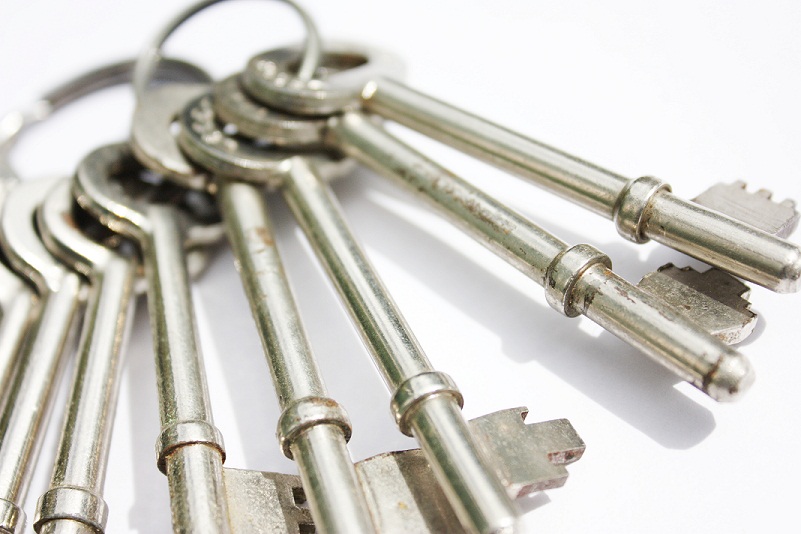Card Fraud and Identity Theft
Keeping your cards safe
Keep a note of the emergency contact numbers of your card providers/banks. If your cards are lost or stolen, contact them immediately. If you are on hioliday or travelling, you might also want to keep a photocopy of the card back and front in your hotel safe along with your passport - these can be passed to police.
Be careful of online services you subscribe to - many high-profile sites have recently been hacked and credit card details compromised, so this seems to be a current target. When you register, ensure that the site is secure and that rigourous checks are in place. You may also want to use a different or pre-paid card for online sites so that if hackers do access your details, your main accunt will not be compromised.
When using online banking, ensure you always log out of public terminals and don't just close down the window. Most will time-out afte a certain period and require a log-in, but better to be safe than sorry. Better forms of online banking now give customers unique ID generators, enquire with your provider as to what security they provide.
Be careful of cash points, ATMs etc, that lookas though they have been modified. Although this can be difficult to judge when abroad, enterprsing thieves can insert reader devices which can copy your card details. It's often best to go into a branch and use the machines, they are covered by security 24-7 so it's harder for criminals to access these and install devices on them.
Always check your statements. Theft can be either big or small, so always double-check any payments you are not certain of. It often pays to kee a little paper record of what you spend day-to-day, as even innocent billing errors can occur.
Although you should keep recent card statements as part of your records, if you do dispose of any then use a decent cross-shredder. There is a market for opportunists to go through household rubbish and recover ID details from intact statements, or even put together ones that have been cut up by standard shredders. Cross-shredders are cheap and do a thorough job. Although banks and card companies are doing less of this these days, any prmotional cards you are sent that you do not intend to sign up and use should also be thoroughly destroyed and not thrown out intact.
Similary, either shred or black out any envelopes, packages or letters that mention your name and address, instead of putting this into recycling. Professional identity thieves need surprisingly little to try and steal your identity and run up credit bills in your name.
Check your credit profile once a month to see if there's any suspicious activity on there. Identity thieves spending recklessly as if they were you will have a knock-on effect of damaging your credit rating which may make getting other forms of credit difficult.
Remember to check what your card provider's policies on security are. Some will not hold you liable for any fraudulent charges, whereas others may have an excess that must be paid, or hold you accountable if certain conditions or reasonable security measures haven't been met. Read the small print and decide if the provider has any security loopholes that might leave you open to repayments if your card got misused. Good lenders should have a clear section on card security and what they do to protect you.
